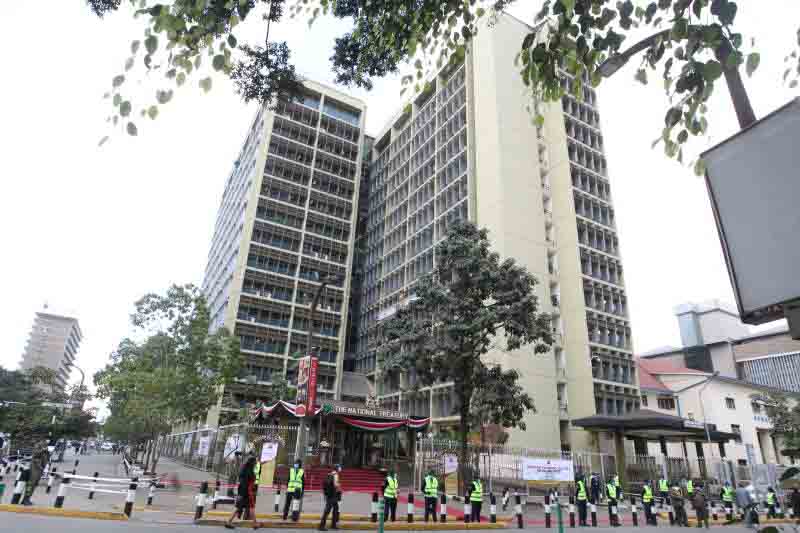×
The Standard e-Paper
Smart Minds Choose Us

The National Treasury and Planning offices, Nairobi. June 10, 2021. [Jonah Onyango, Standard]
When the Council of Governors filed petition 252 in the High Court in 2016 against the National Government concerning the Division of Revenue Act (DORA), at the heart of that petition was a fundamental aspect of sharing of resources between the national and county governments.